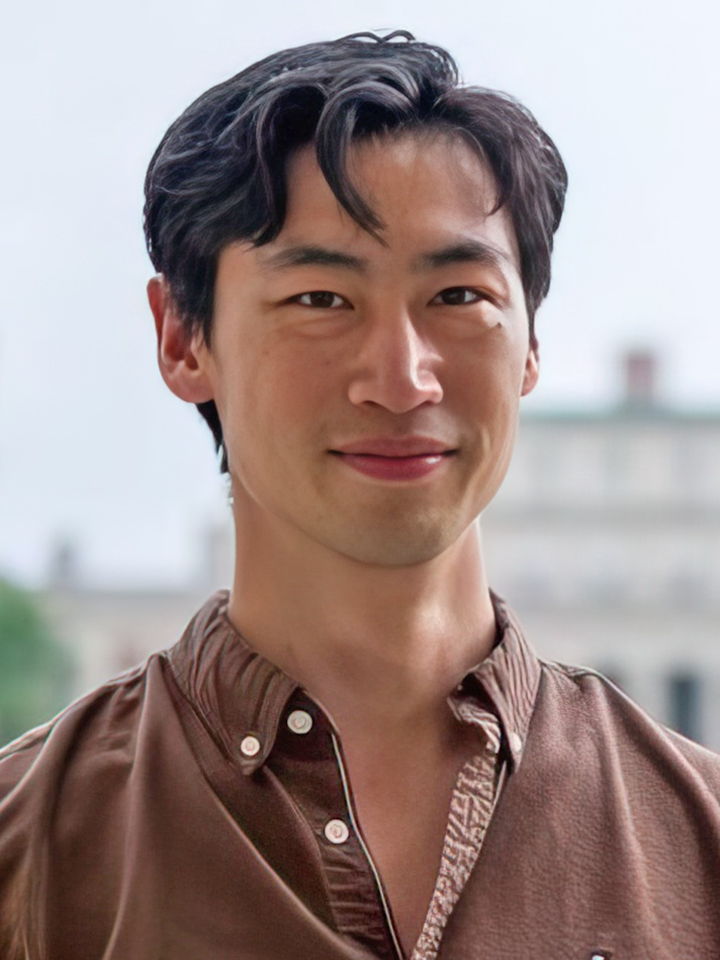James Shee
On the unique electronic structure of transition metal compounds: Bridging chemical principles with classical and quantum methods
Mon, Jan. 23, 2023, 3:30pm
Taylor Auditorium, Frick Chemistry Lab B02
Host: William Jacobs
The accurate prediction of transition metal reactivity has long been an elusive and rather mysterious challenge for ab initio quantum chemical theories. In contrast to the relatively simple electronic structure of typical small organic molecules, the complex bonding unique to many transition metal complexes gives rise to sizable dynamical correlations involving multiple electron pairs. These high-order screening effects are effectively captured via appropriate regularization of second-order perturbation theory, with amplitude renormalization leading to dramatic improvements in both organometallic thermochemistry and noncovalent interactions. Furthermore, many chemically-relevant catalysts (e.g., with redox non-innocent ligands or multiple transition metal sites) can exhibit strong static correlations due to the presence of competing, nearly-degenerate electronic states. These physical insights are harnessed to develop new theories with the potential to treat both dynamical and static correlations in an accurate and balanced manner. On classical computers, a stochastic approach (phaseless auxiliary-field quantum Monte Carlo) is shown to produce high accuracy over a wide range of transition metal thermochemistry, and can scale up to relatively large system sizes. Recently proposed quantum algorithms also appear promising, including the non-orthogonal quantum eigensolver, and unitary cluster Jastrow Ansatzes fusing hardware efficiency and physically-inspired forms.

